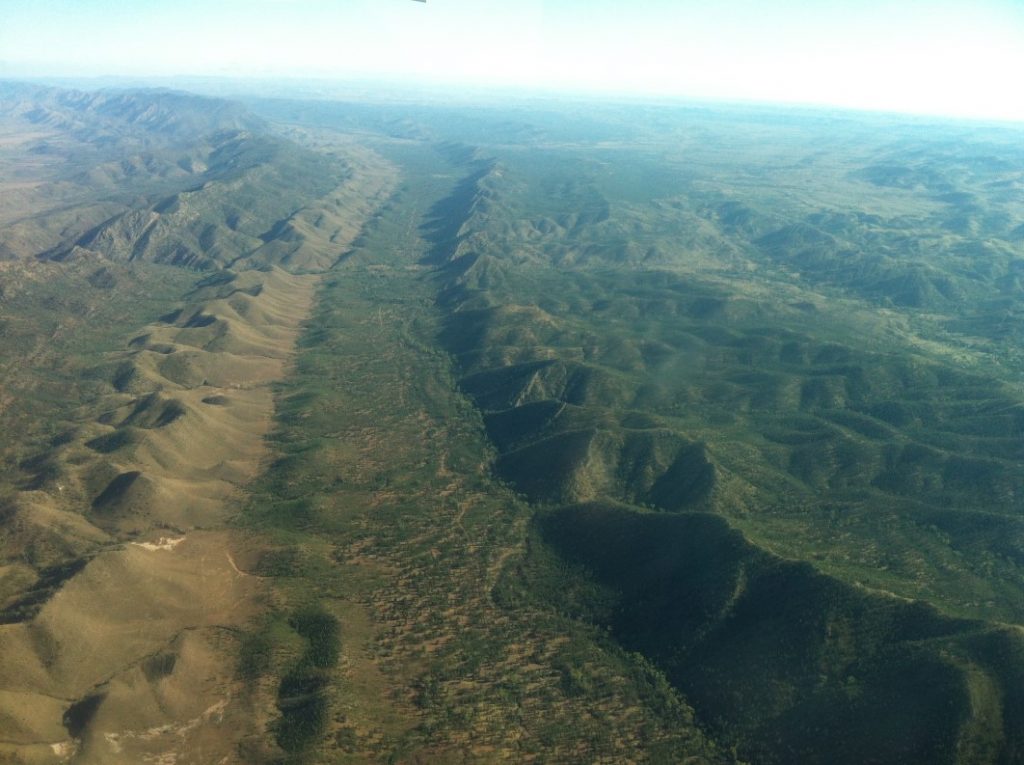
It is estimated that our wonderful planet Earth has been in existence for in the order of 4+ billion years. Our planet’s oldest fossil record dates to some 3.7 billion years, being the stromatolites, the earliest form of life to photosynthesise and thus provide the life-giving oxygen so that other life could evolve here. Ironically, as they became the dominant life form around 1.25 billion years ago, the paradise they helped to create via the then oxygen-rich atmosphere contributed to their own demise.
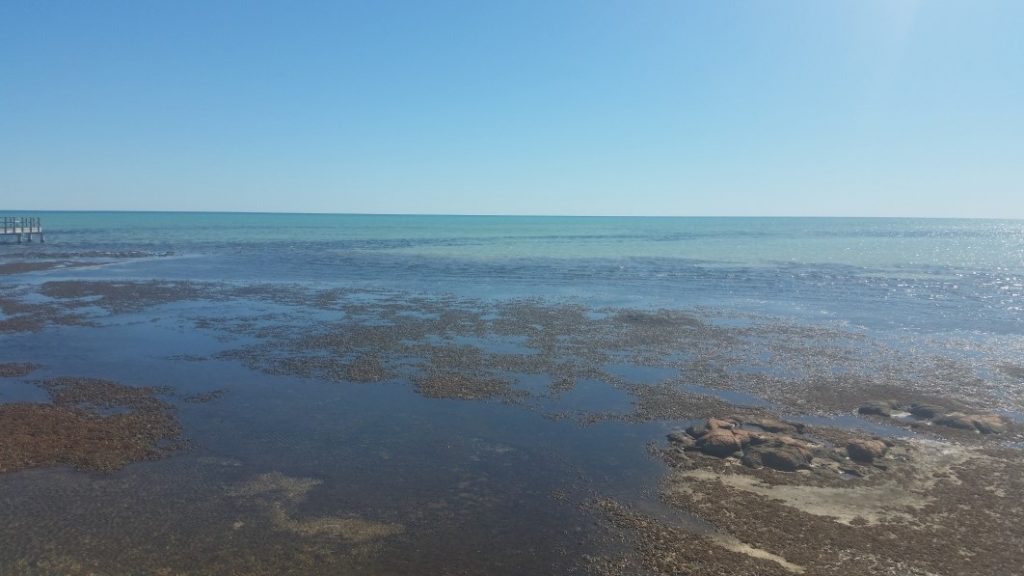
In comparison, the existence of humans is only a recent event in astronomical terms. While our ape-like ancestors may date to millions of years prior, the emergence of the species known as homo sapiens may be less than 200,000 years ago only. Since then, our emergence as an alpha predator is quite a recent event, with the domestication of the wild dog and agriculture seeing these humans become less nomadic and more localised, as culture and so-called civilisation developed.
As humans’ confidence grew, our egos and sense of superiority appeared to also grow apace. Rather than being part of nature, we have all too often believed in our capacity to dominate and control the natural world we find on our special blue planet. Sadly this applies to too many of our political leaders in the current era of anthropomorphic climate change. Nevertheless, there remain sufficient numbers of wise people who know we must work with, cooperate with and respect the natural forces on our planet. Further, as we are losing ecological (fauna, flora and marine life) diversity, our prospects to retain our successful status as a species is in peril.
If we are to respect (and then protect) nature, efforts start at home with our children and families. To value the natural world, to nurture the soil, the waterways, the oceans and the atmosphere. We need to change and modify our habits, become less greedy, less wasteful, and lose our superiority complex. We now have prominent people speaking of ecocide, that if we do not respond now, we are at serious risk of destroying so much of our planet’s life, from small reptiles and fish in the seas, insects like ants and bees, to the many larger earth-bound mammals, to the birds that fly, and the so many beautiful plants and trees so vital to supporting our oxygen needs.
The future success of humans will depend upon our respect for the natural world and our willingness to sacrifice for the common good of all life forms. Hopefully the new generation of educated young-people can displace the old ‘dinosaurs’ who for past decades have denied the climate emergency we now face. Here’s hoping! Interestingly, our planet is not fussed but the future prospects of the human species is dependent upon their fellow travellers who do. Time to embrace solutions and abandon the vandalism so many of us continue to conspire with.
Meanwhile I give you some images of nature through my own experiences. How glorious those experiences have and continue to be!
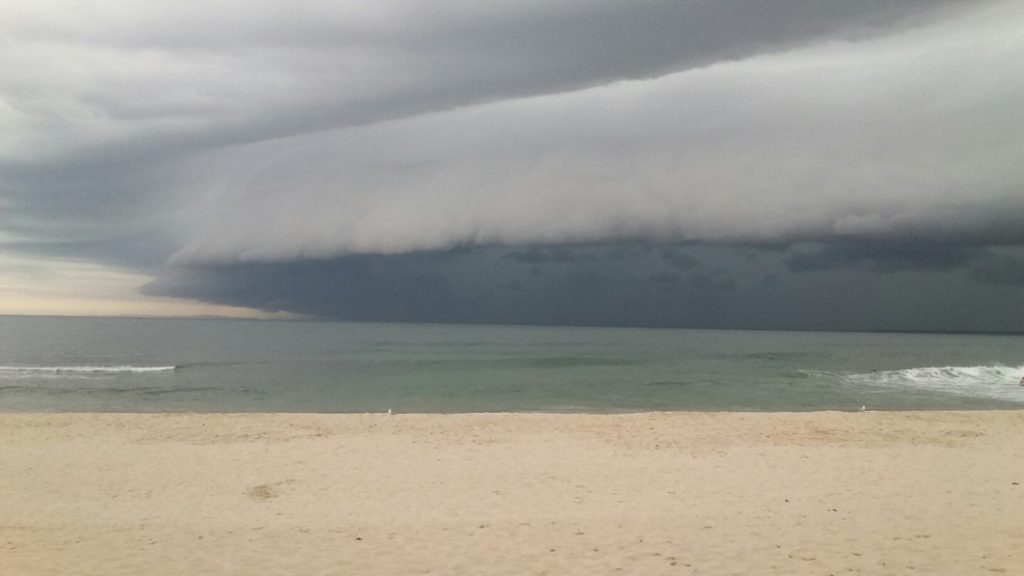
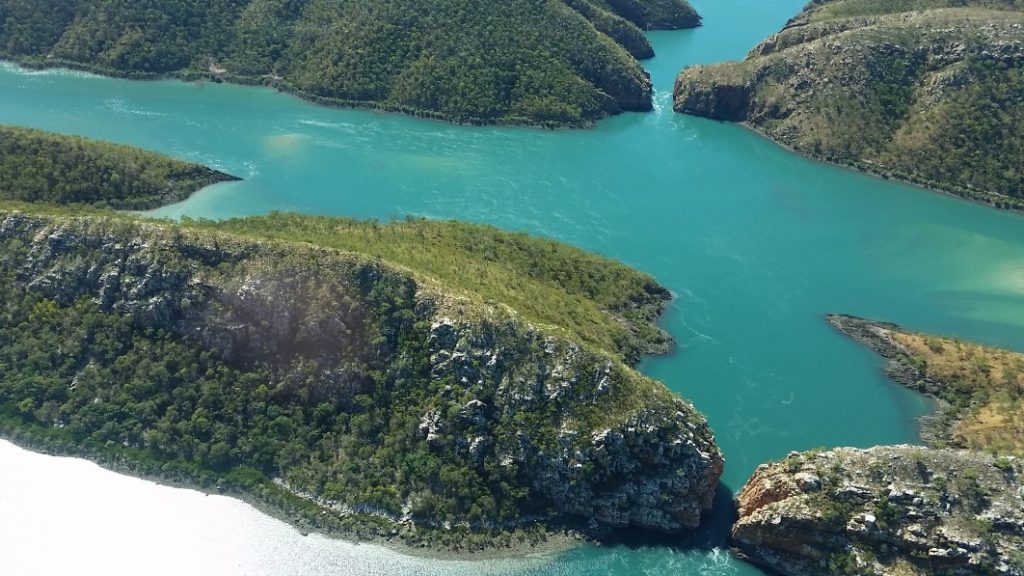
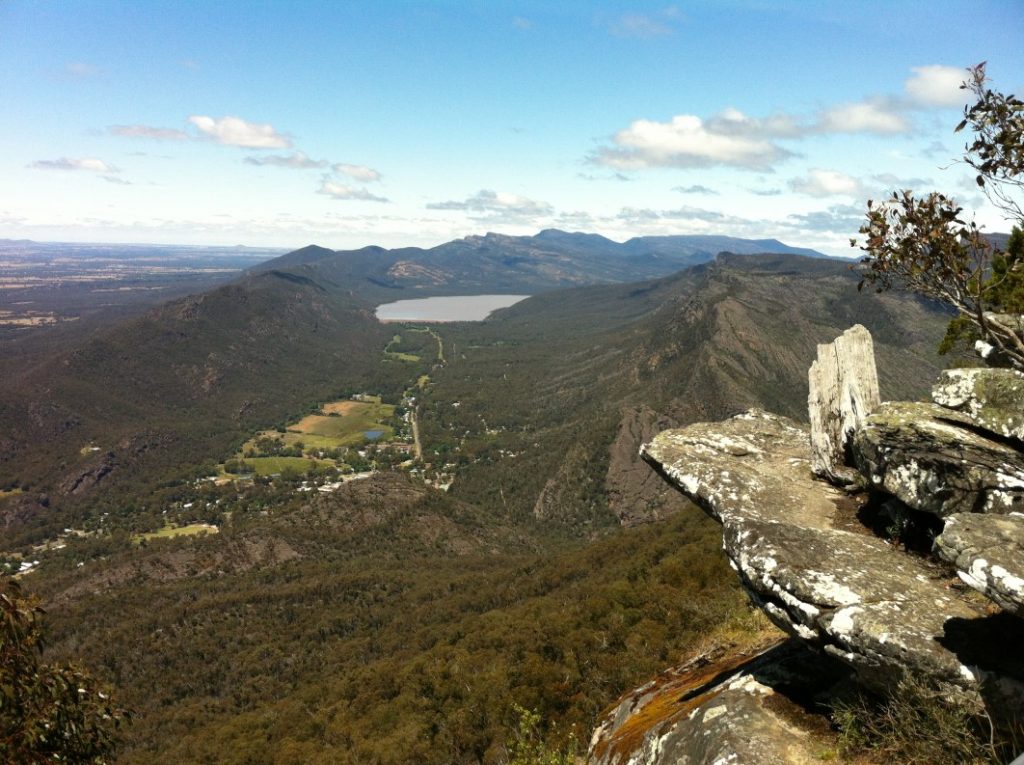
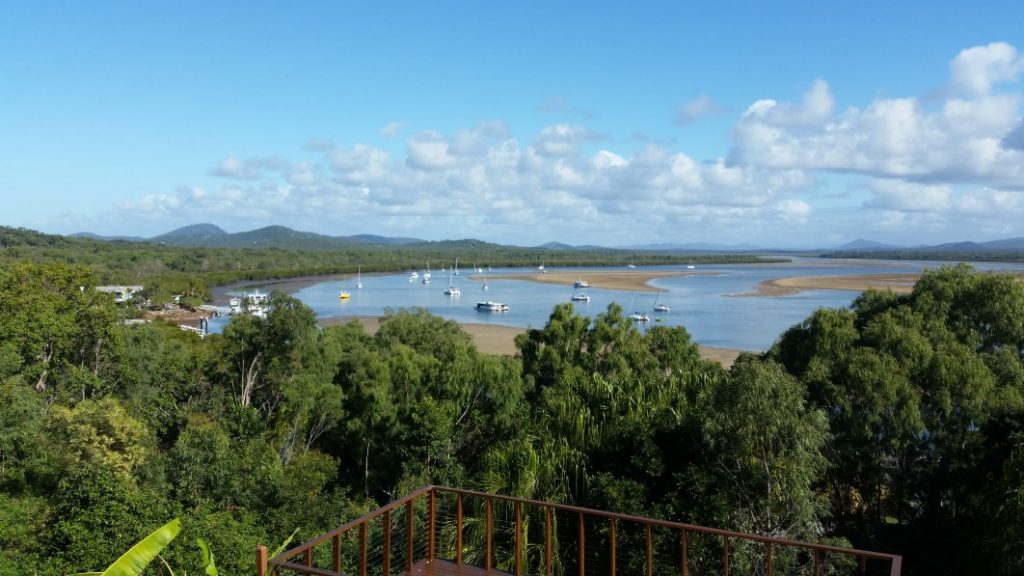
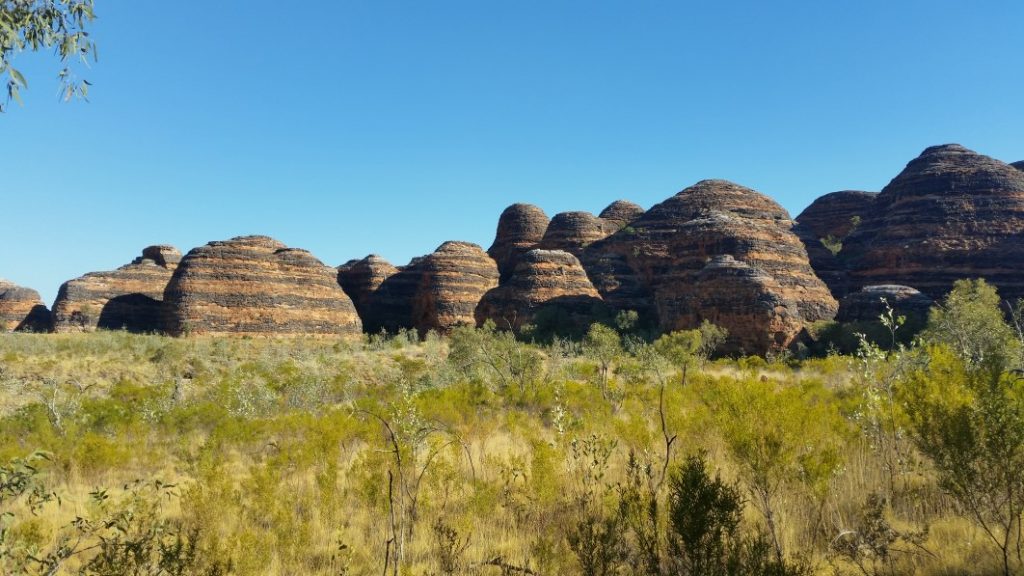
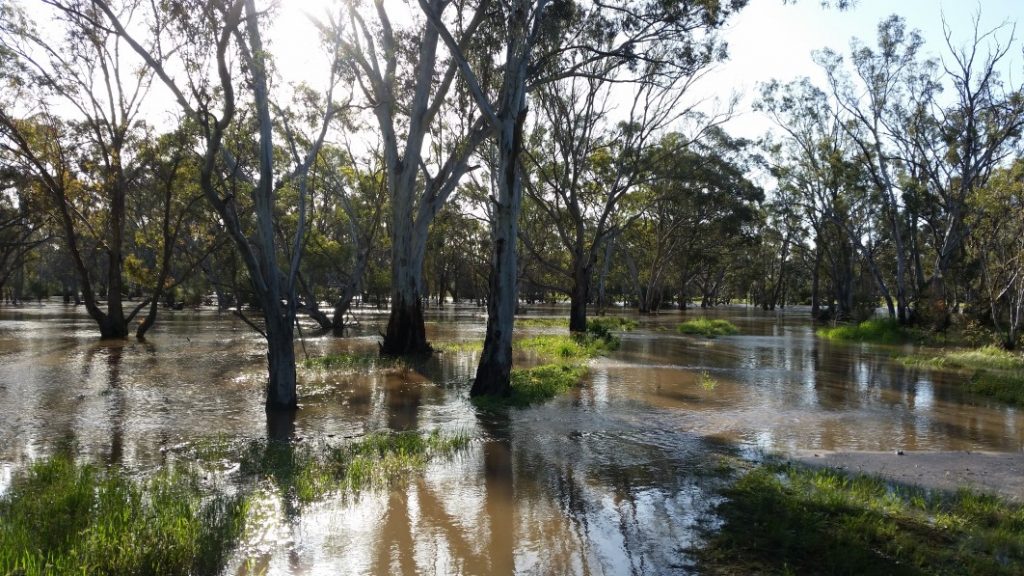
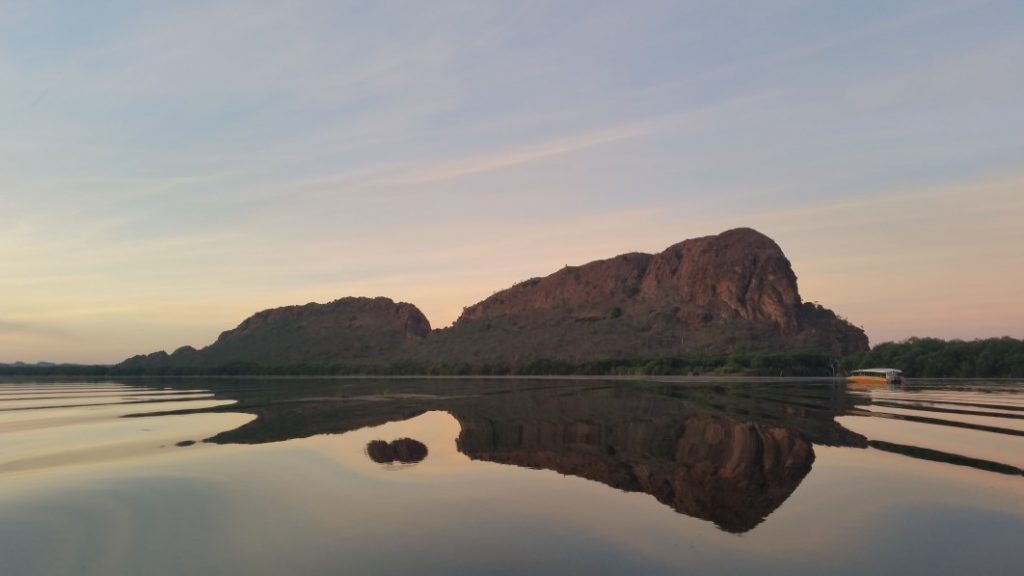
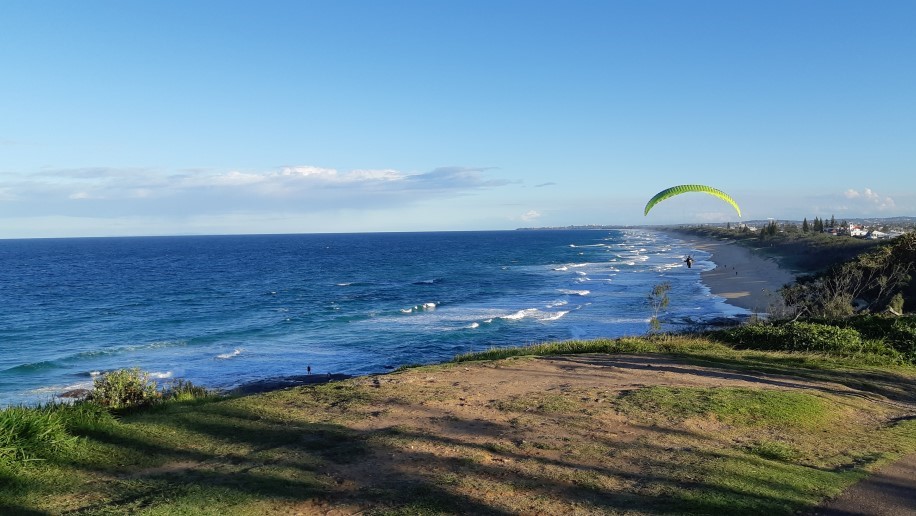
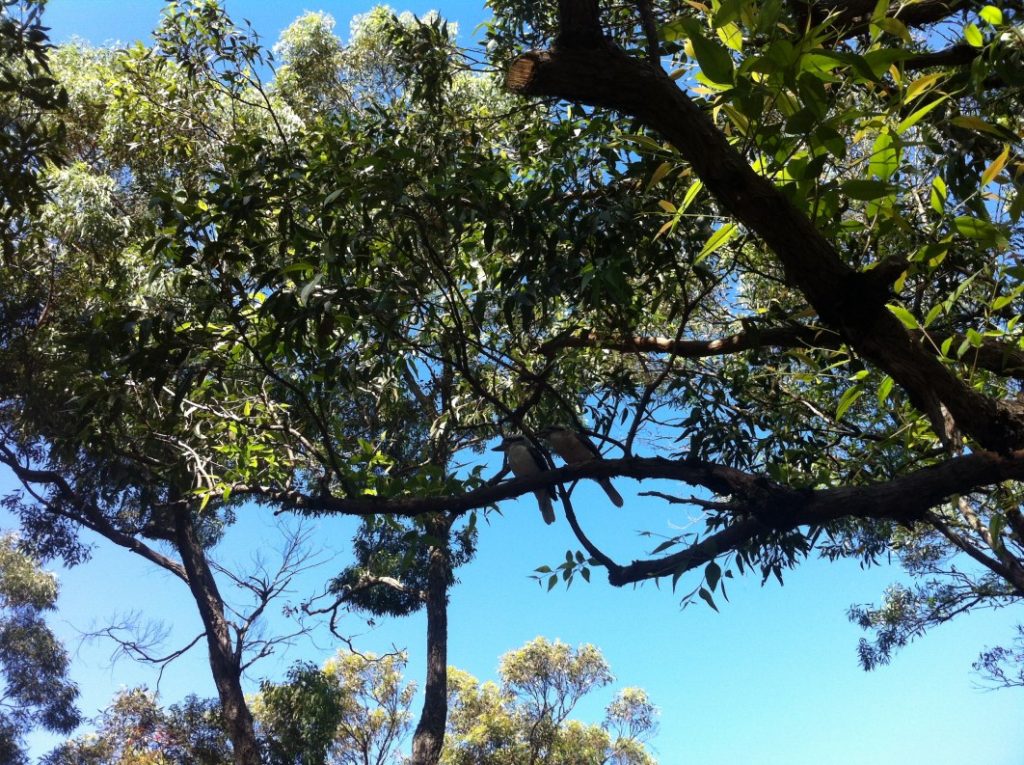
Leave a comment